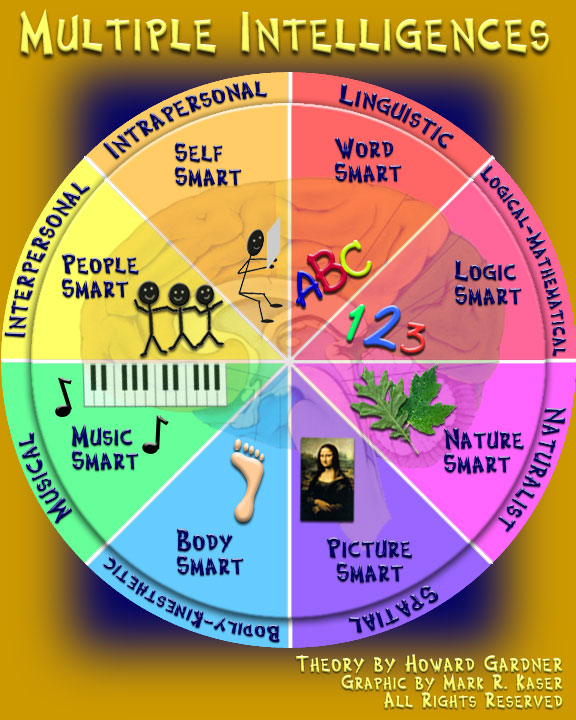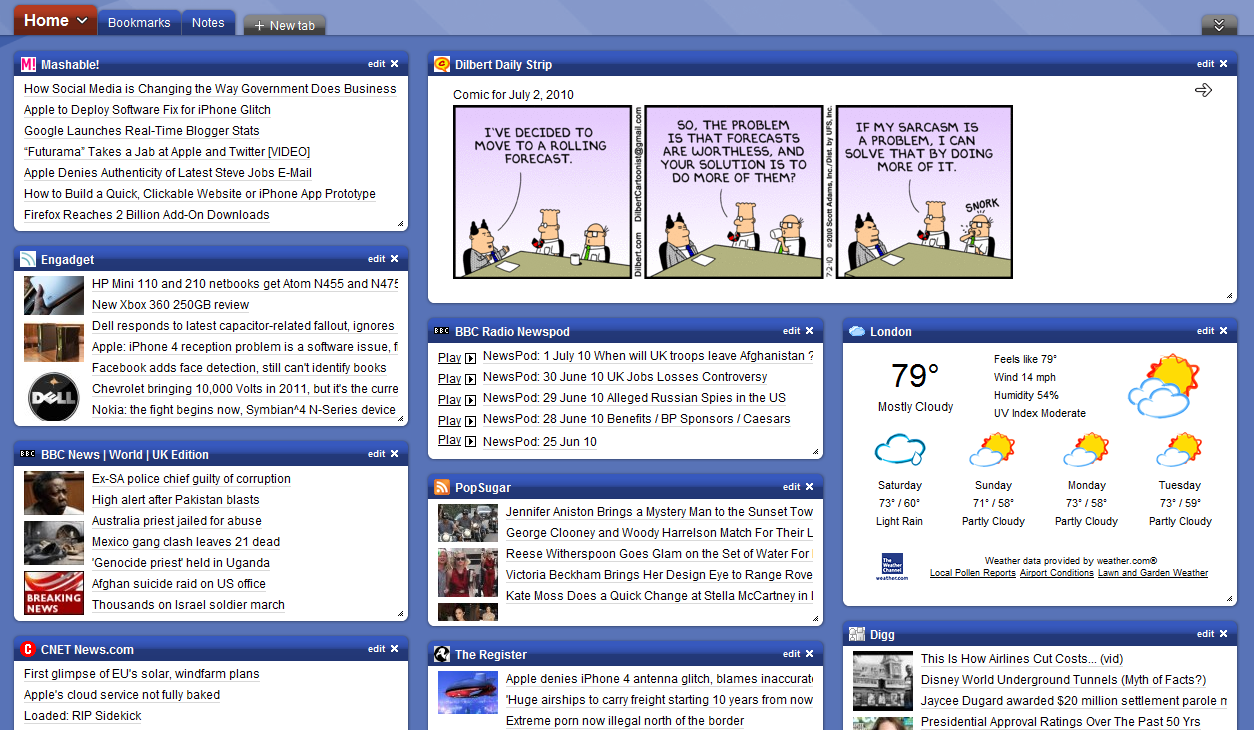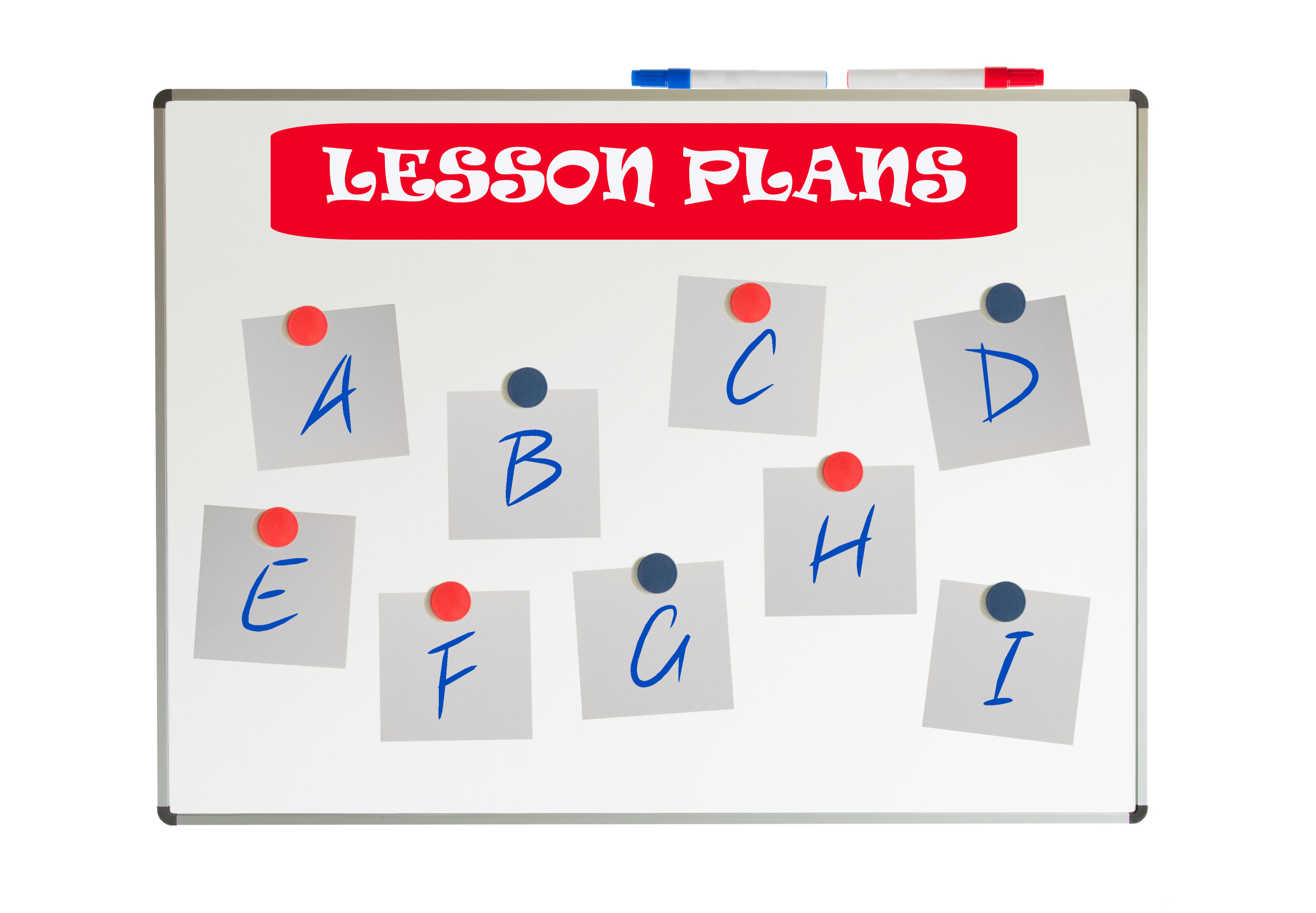Category: Education reform
Can Technology Help Teachers Plan?
Today’s post is from the CEO and creator of Holler for Mastro Differentiation Help for Teachers, Kasha Mastrodomenico. Kasha has a Baccalaureate in secondary
[caption id="attachment_786" align="alignright" width="320"] Multiple Intelligences and Teaching[/caption]
Multiple Intelligences and Teaching[/caption]
education and history and a Masters in Social Studies Secondary Education from the State University of NY (SUNY). She has taught middle school and high school, and is certified in Special Education. Along the way, she became a passionate advocate of multiple intelligences and differentiation in teaching and a presenter on both subjects in her county education network. Through these experiences, she came up with the idea to speed up the implementation of multiple intelligences for teachers so it can become an easy-to-use tool in all classroom units of inquiry. She is currently writing a book on differentiation and how to enable teachers to plan it quickly.
I know you’ll enjoy Kasha’s insights:
Is there really technology to help teachers plan?
My department and I were lucky enough to be asked to give a staff development presentation on how to differentiate in the classroom a few years back to Hall County School District in GA. I was a teacher there at the time. My section of the presentation was on how to differentiate activities. This is a brief overview of my presentation:
- Give four choices of activities to students the day before they are to do it that are focused on different multiple intelligences
- Give students the choice of how they want to work (self, partner, group)
- Create the groups so they are workable and make the copies
After they said it was really nice work and how great the activities and the idea of this type of differentiation was, they said it must take me forever and a day to plan and that it was not realistic. I was crushed. Then I started getting emails from the people that I had presented to asking for more activities and lessons. I even got chased down in the grocery store! I decided that I needed to create something that not only helped students but also helped teachers plan quickly.
A couple of years later I found myself with a web designer and created http://www.hollerformastro.com. My Grandma chose the name of my company so that my maiden name, Holler, was in it. The main part of the site is made up of two engines. One of the engines helps teachers do what I had presented about years ago and it helps them make those four choices of activities in less than 10 minutes! I even made sure that the rubrics were similar to each other for the consistency of grading but unique to each of the activities. The only thing that the teacher needs to do is choose four activities from the 50 project based learning activities provided based on multiple intelligences. They then type in the content they want the student to work with, giving as much information as they want. The last step is to click create. I couldn’t have made it any simpler. The other engine works similarly. It is an expository writing system that focuses on the small goal for students. The teacher chooses the levels of writing, from a topic sentence to a data based question essay, that they need for their class. They type in the question they want their students to write about and then press create.
Share this:
- Click to share on Facebook (Opens in new window) Facebook
- Click to share on X (Opens in new window) X
- Click to share on LinkedIn (Opens in new window) LinkedIn
- Click to share on Pinterest (Opens in new window) Pinterest
- Click to share on Telegram (Opens in new window) Telegram
- Click to email a link to a friend (Opens in new window) Email
- More
Weekend Website #14: The Internet Start Page
Drop by every Friday to discover what wonderful website my classes and parents loved this week. I think you’ll find they’ll be a favorite of yours as they are of mine.
Share this:
- Click to share on Facebook (Opens in new window) Facebook
- Click to share on X (Opens in new window) X
- Click to share on LinkedIn (Opens in new window) LinkedIn
- Click to share on Pinterest (Opens in new window) Pinterest
- Click to share on Telegram (Opens in new window) Telegram
- Click to email a link to a friend (Opens in new window) Email
- More
#112: 10 Ways Twitter Makes You a Better Writer
I wrote a post on how Blogs and Wikis make students better writers–teachers too for that matter–and wanted to follow it up with how tweeting improves writing. Then I found Jennifer’s summary. It pretty well covers what I’d say:
- You learn to be concise
- You learn to be focused
- You have time to check for grammar and spelling
Share this:
- Click to share on Facebook (Opens in new window) Facebook
- Click to share on X (Opens in new window) X
- Click to share on LinkedIn (Opens in new window) LinkedIn
- Click to share on Pinterest (Opens in new window) Pinterest
- Click to share on Telegram (Opens in new window) Telegram
- Click to email a link to a friend (Opens in new window) Email
- More
Weekend Website #10: Google Mars
Drop by every weekend to discover what wonderful website my classes and parents loved this week. I think you’ll find they’ll be a favorite of yours as they are of mine.
Share this:
- Click to share on Facebook (Opens in new window) Facebook
- Click to share on X (Opens in new window) X
- Click to share on LinkedIn (Opens in new window) LinkedIn
- Click to share on Pinterest (Opens in new window) Pinterest
- Click to share on Telegram (Opens in new window) Telegram
- Click to email a link to a friend (Opens in new window) Email
- More
How to Web 2.0 Accessorize Your Classroom
Web 2.0 is the most exciting thing to happen to education since the schoolhouse. It is a limitless classroom, allowing students access to anything they can define. Includes what’s a digital citizen, how to create a blog, a classroom internet start page, a classroom wiki, how to join social networks and post pictures on Flikr, where to go for podcasting and online docs, and more.
Here’s where you start: (more…)
Share this:
- Click to share on Facebook (Opens in new window) Facebook
- Click to share on X (Opens in new window) X
- Click to share on LinkedIn (Opens in new window) LinkedIn
- Click to share on Pinterest (Opens in new window) Pinterest
- Click to share on Telegram (Opens in new window) Telegram
- Click to email a link to a friend (Opens in new window) Email
- More
Which Social Media Should Be Allowed in Schools?
Social networks dominated by Facebook now account for 22.7 percent of the hours spent in front of a computer, a leap of 43 percent over last year’s figures.
 According to the Neilson Co. report, the shift to social networks for communication caused a precipitous drop in email and instant messaging. Time spent emailing was down 28 percent and instant messaging dropped 15 percent.
According to the Neilson Co. report, the shift to social networks for communication caused a precipitous drop in email and instant messaging. Time spent emailing was down 28 percent and instant messaging dropped 15 percent.
If you don’t know what all the social networking stuff is, check out these two YouTube videos. They explain social networking in Plain English.
The question for schools is, how much of this should be let into the education environment. It’s way beyond the internet now. We’re talking about:
- YouTube
- internet access to email
These are all banned at my school. Yet, these are the sites that have kids excited about learning–excited about technology. So what are we doing? We’re cutting off the most effective avenue for keeping students interested in school because we’re afraid of them. (more…)
Share this:
- Click to share on Facebook (Opens in new window) Facebook
- Click to share on X (Opens in new window) X
- Click to share on LinkedIn (Opens in new window) LinkedIn
- Click to share on Pinterest (Opens in new window) Pinterest
- Click to share on Telegram (Opens in new window) Telegram
- Click to email a link to a friend (Opens in new window) Email
- More
You Have Permission to Disrupt Class
Disrupting Class: How Disruptive Innovation Will Change the Way the World Learns
My rating: 4 of 5 stars
Clayton Christensen offers a believable and intuitive approach to fixing our staggering American educational system. In a nutshell: people learn in different ways (no surprise here; it’s a well-documented theory). Teachers too often teach one way (or two or three–the point being, teachers standardize. I understand. I’ve been a teacher most of my life. One of us and many of them in a classroom). His solution: Use 21st century technology and Web 2.0 to individualize lessons to suit needs. (more…)
Share this:
- Click to share on Facebook (Opens in new window) Facebook
- Click to share on X (Opens in new window) X
- Click to share on LinkedIn (Opens in new window) LinkedIn
- Click to share on Pinterest (Opens in new window) Pinterest
- Click to share on Telegram (Opens in new window) Telegram
- Click to email a link to a friend (Opens in new window) Email
- More
Does Homeschooling Work? Yes
Homeschooled Children Continue Outperforming Their Public School Counterparts as
Homeschooling Increases in Popularity
In America, there was a time when the idea of homeschooling raised eyebrows of concern and could result in a visit from social services. A lack of trust by the government and public in general in a parent’s ability to educate their own children made homeschooling a bit of a stigma.
Even today in some circles, there are still many “old school” thinkers that go so far as to say that homeschooling is tantamount to deliberate child abuse. As ridiculous as that sounds to most of us, overcoming such ignorance has been a problem for some parents looking into homeschooling.
Overseas, it can be much worse. Homeschooling is illegal in Germany, a law instituted under Hitler and still enforced today. German families who choose to home school must do so in secret and run the risk of arrest; or worse, having the state take their children away.
Performance of home schools versus public and private schools
It doesn’t take much effort or investigation to discover that homeschoolers excel above their public school counter parts in nearly every category. According to a study conducted by Dr. Lawrence Rudner:
• The average home schooled 8th grade student performs four grade levels above the national average.
• One in four home school students are enrolled in a grade level that is above their age level.
• In every grade and in every subject, home schooled students outperform both public and private school students.
Other studies confirm these findings, showing that home schooled students have a much higher college entry rate, score higher on SAT’s and ACT’s, have a higher rate of college graduation, and earn higher incomes in the workforce.
Share this:
- Click to share on Facebook (Opens in new window) Facebook
- Click to share on X (Opens in new window) X
- Click to share on LinkedIn (Opens in new window) LinkedIn
- Click to share on Pinterest (Opens in new window) Pinterest
- Click to share on Telegram (Opens in new window) Telegram
- Click to email a link to a friend (Opens in new window) Email
- More









































